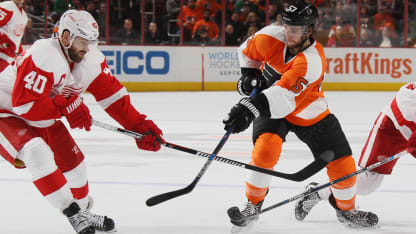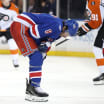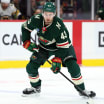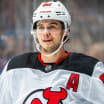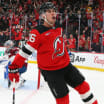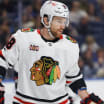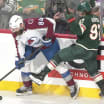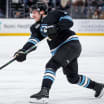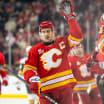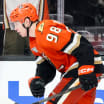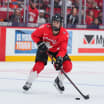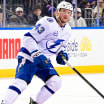Each team has gotten solid goaltending. The Flyers have a .934 save percentage in even-strength situations, No. 2 in the NHL behind the New York Rangers (.936), and slightly ahead of the Red Wings (.930), who are in a five-way tie for eighth.
On the penalty kill, they equally are average. The Flyers rank No. 15 in the NHL by allowing 98.0 shot attempts per 60 minutes while shorthanded, just ahead of the Red Wings, who are No. 17 with 99.1.
The coaching staffs equally are inexperienced relative to the rest of the League. Each has a first-year NHL coach, Jeff Blashill in Detroit and Dave Hakstol in Philadelphia, and began this season ranked No. 29 and No. 30 in the NHL in terms of the fewest games of head coaching experience at any level on staff.
If either team has a slight edge over the other, then it's Philadelphia's potent power play and Detroit's stronger defense.
Philadelphia's advantage: Power play
Offensively, Philadelphia has an advantage against Detroit, but it is a slim one that only becomes clear when isolating each team's effectiveness with the man-advantage.
In traditional terms, the Flyers are No. 17 in the NHL with an 18.2 power-play percentage, just ahead of the Red Wings, who are No. 20 at 17.6 percent. But in terms of generating shot attempts per 60 minutes, the Flyers are No. 6 with 106.8, well ahead of the Red Wings, who rank No. 14 with 96.9.
The key to Philadelphia's scoring is center Claude Giroux, who has been among the best power-play specialists in the League for several seasons. He leads the NHL with 159 power-play points in 357 games since 2011-12, ahead of Alex Ovechkin of the Washington Capitals, who has 145 power-play points in 355 games.
